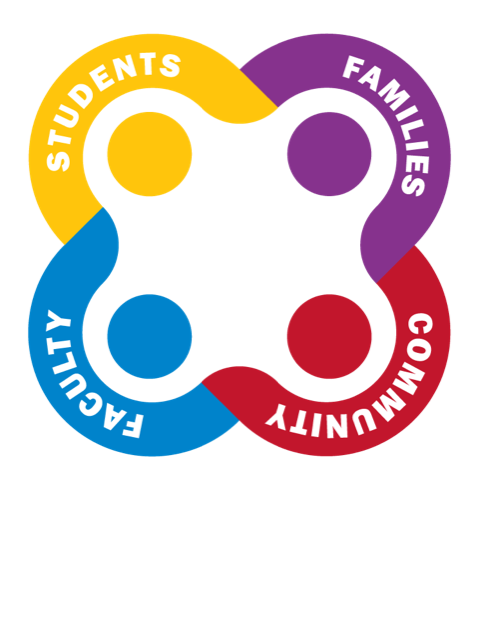Erin’s Law
Erin’s law, named after childhood sexual assault survivor Erin Merryn, was signed into law in January of 2013 and requires that all Illinois public schools implement a prevention-oriented child sexual abuse program that teaches:
- students in grades preK-12th grade age appropriate techniques to recognize child sexual abuse and tell a trusted adult school personnel all about sexual abuse,
- school personnel all about sexual abuse
- Parents & guardians the warning signs of child sexual abuse, plus needed assistance, referral, or resource information to support sexually abused children and their families.
In District 114, Mental Health Professionals carefully designed lessons intended to be developmentally appropriate for students’ grade levels. Erin’s law will educate our students on sexual abuse prevention through age appropriate curriculum, role plays, discussions, activities, and books giving children the tools to speak up. We will educate children on safe touches, unsafe touches, safe secrets, and unsafe secrets, as well as how to get away and tell today. The lessons are designed to be presented by the districts Mental Health Professionals within the classroom.
Parent Resources:
Warning Signs of an Abused Child
- Nightmares
- Trouble sleeping
- Bed wetting
- Change in appetite
- Fear of certain people, places, activities
- Mood swings: Rage, Anger, Fear, anxiety, insecure or withdrawn
- Depression
- Aggression
- Feeling shameful or guilty
- Isolating oneself
- Withdrawal from someone
- Resisting removing clothes when appropriate times (bedtime, bath time)
- Change in academics
- Running away from home
- Suicidal thoughts
- Acting out sexually
- Exhibits adult sexual behaviors, knowledge, and language.
Signs more common in Adolescents
- Eating Disorders
- Self-Injury
- Drug and Alcohol Abuse
- Promiscuous activity
- Running away
- Suicidal
- Depression and Anxiety
- Fear
- Academic problems
Signs of an adult who may be sexually abusing your child
- Giving a child special attention
- Trying to spend a lot of time alone with a child
- Buying child expensive gifts or giving them money
- Treating a child as a “favorite” from other children
- Physical affection towards child: Kissing, hugging, holding hands, or wanting to be very close to a child.
If a child discloses abuse
- Listen to the child
- Let them know they did the right thing by telling
- Tell them this is not their fault
- Say you believe them
- Let child know they are safe now and won’t be hurt again
- Report abuse immediately to police
- Report abuse to the Child Abuse Hotline, 1-800-25ABUSE
For more information visit http://www.erinslaw.org/
What can parents do?
The best way to help children is to make sure that they feel safe (for example, creating a predictable environment, encouraging them to express their feelings by listening and hearing their stories) and ensuring that they know that the violence they witnessed or experienced was not their fault. Ways you can help children cope with the impact of exposure to violence include:
- Remaining calm and reinforcing a stable and safe environment;
- Keeping a regular schedule or routine for meals, quiet time, playtime, and bedtime;
- Helping children prepare for changes and new experiences;
- Spending more time together as a family;
- Being patient and letting children identify and express feelings; and
- Providing extra attention, comfort, and encouragement.
For more information visit https://www.erinslawillinois.org/

